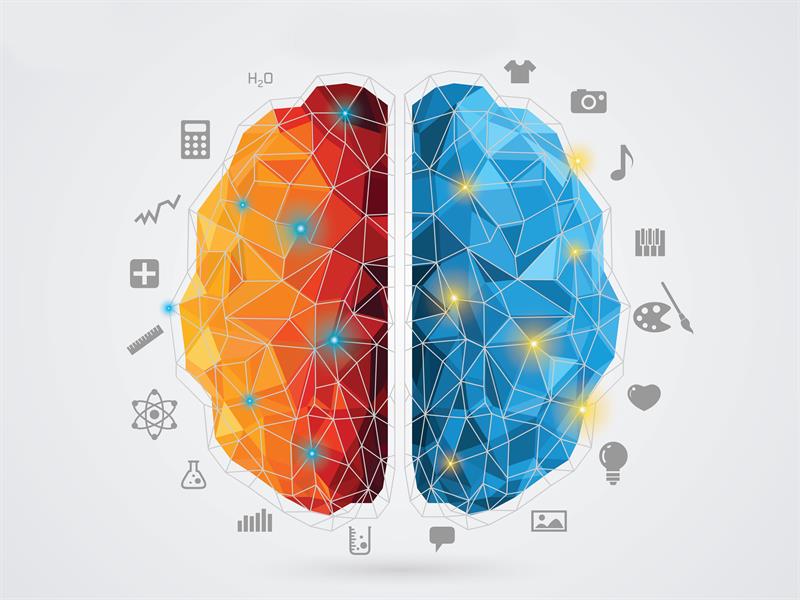Approximately one-third of South Africans live with some form of mental disorder according to Professor Dan Stein from the Department of Psychiatry at the University of Cape Town. Mental health disorders can be deadly but due to a very unfortunate stigma attached to it, many patients refrain from getting the treatment they require. Despite there being a number of traditional therapies and community initiatives available that can help treat mental health concerns, many individuals are turning to more holistic remedies such as meditation to help them battle their demons. Meditation has been found to not only improve axonal density or links that connect the various parts of the brain but also improves the myelin which can protect the mind from disease and mental disorders. Meditation can also benefit mental health in numerous ways such as the following:
Meditation reduces your anxiety and depression
Depression can affect anyone at any time. At present, it is estimated that nearly 4.5 million South Africans live with varying degrees of depression. There are numerous causes cited for depression such as hypoxia (low oxygen levels) or hormonal imbalances. While traditional therapies are of some benefit, meditation, non invasive ozone steam sauna therapy and self-reflection has been found to help even those individuals that are very resistant or hesitant of antidepressants and psychotherapy. The power of meditation lies in its ability to reduce the release of cortisol, the hormone that is responsible for stress. According to a study conducted by Johns Hopkins University School of Medicine in the USA, meditation can relieve the symptoms associated with stress and depression in a manner similar to that of conventional, trusted pharmaceuticals – without any of the side effects commonly associated with these types of drugs.
Meditation helps you tackle unhealthy habits
Whether you are a bad driver or an unhealthy eater, chances are you have a habit or two that you are not too proud of. Quitting a bad habit can be extremely difficult, resulting in elevated stress levels and severe frustration. Practicing meditation has been found to help individuals break their bad habits by activating the prefrontal cortex of the brain which is associated with planning, decision making, and concentration. It also has the ability to shrink the right amygdala which is responsible for fear and other negative emotions. The more frequently you meditate, the easier it will become to steer clear of your bad habits. The meditation will help you to acknowledge your habit, remain present and change your behaviors accordingly.
Meditation can delay the onset of dementia and Alzheimer’s
As we age, the brain undergoes significant changes that lead to the development of a number of certain mental disorders such as dementia and Alzheimer’s. Researchers from the Beth Israel Deaconess Medical Center in Boston, USA found that meditation can play a big role in slowing down the progression of these degenerative mental disorders. The research found that individuals who engage in meditation for at least two hours a week displayed significantly less atrophy in certain parts of the brain with better overall brain connectivity. Meditation is especially effective when coupled with gentle yoga with professionals recommending at least 2 sessions of an hour long every week.
Ozone Therapy can also assist in the fight against anxiety, stress, depression, Alzheimer’s diseases and Dementia. Ozone improves brain activity, naturalises toxins and impurities in the body, rids the body of carbon monoxide, strengthens the nervous system, relives stress, increases the oxygen levels in the body and strengthens the immune system.
Please contact us for more information regarding Ozone Therapy and its Benefits:
[email protected] OR call us on +27 (0)72 422 1967
Our mental health should never be considered of lesser importance than our physical health. By following a healthy lifestyle and engaging in regular meditation we afford ourselves the best chance of enjoying good mental health well into our senior years.







Leave a Reply